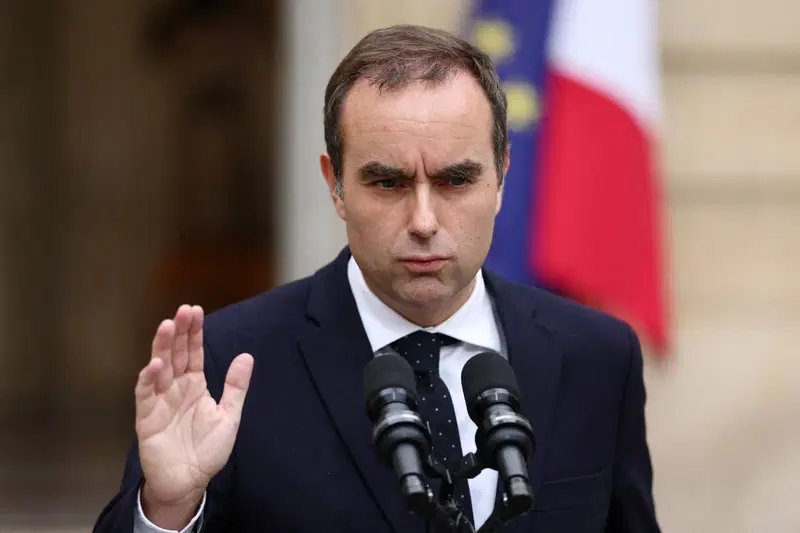
French Prime Minister Sébastien Lecornu resigned on Monday less than four weeks after his appointment, intensifying a year-long political stalemate and handing President Emmanuel Macron a fresh setback.
The Elysée said Macron accepted Lecornu’s resignation after the premier’s largely unchanged cabinet, unveiled late Sunday, triggered a backlash from the conservative Republicans (LR), who began reconsidering their participation in government.
Lecornu’s tenure is the shortest for a prime minister in modern France. His exit leaves Macron without a clear path in a hung National Assembly that emerged from the snap legislative election of summer 2024.
Paris stocks slipped on the news, with the CAC 40 down more than 2% around 08:00 GMT.
Macron has so far resisted calls for new snap polls and ruled out stepping down before his mandate ends in 2027. Far-right National Rally (RN) leader Jordan Bardella predicted fresh legislative elections “in the coming weeks” and said his party is ready to govern.
A loyal Macron ally and former defence minister, Lecornu was named prime minister on Sept. 9. His lineup kept much of the previous team, including ex-finance chief Bruno Le Maire as defence minister, drawing fire across the aisle.
Lecornu faced the immediate challenge of steering an austerity budget through a deeply split chamber after predecessors François Bayrou and Michel Barnier were toppled in clashes over spending plans. France’s public debt is at a record high; its debt-to-GDP ratio is the EU’s third-highest after Greece and Italy, nearly double the bloc’s 60% threshold. Prior governments forced through the last three budgets without a vote under constitutional provisions, a tactic fiercely criticised by the opposition. Lecornu had pledged last week to allow a full parliamentary vote.
